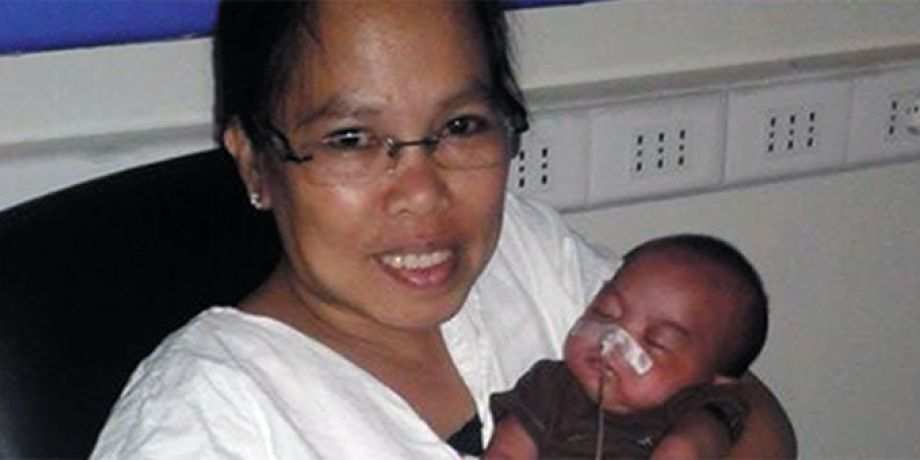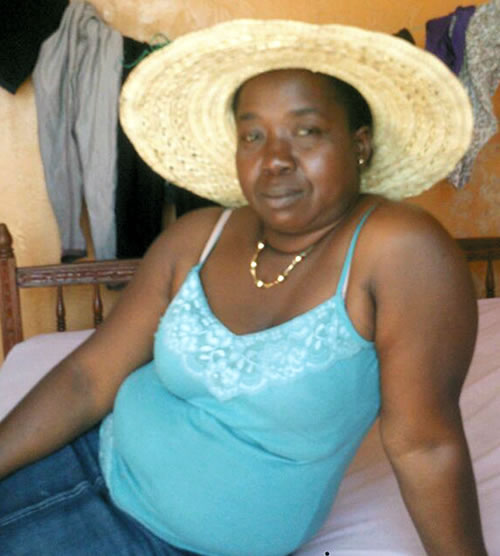
Sharing Their Story
Chile is one of the developing countries in the world in terms of infrastructure, economy and business with good salary rates that catch the attention of workers in foreign countries especially those countries that are not so progressive. In my everyday life here in Santiago, I encounter not only Chilean people but also people from different countries. There are people from Peru, Venezuela, Colombia, Haiti, Asia, and from many areas of the world. Some of them are tourists or students, but most of them are seeking a good job. Some of them are regular which means they have their legal papers, but unfortunately there are some that are irregular which means they don't have legal papers. Living in Chile as a migrant is not that easy whether you are regular or irregular. For example, when looking for a house or apartment to rent for a stay, the owner of the house will ask for many requirements like a copy of the contract of your current job, permanent identification card, guarantee and of course money to pay for rent. If there are no legal papers, there's no job and if there's no job there's no contract, if there's no contract, there is no place to stay. The migrants are lucky if they know someone who is willing to allow them to live in their housing. One Haitian woman that I know shared with me her story.

Her name is Margarette, and she is married with three children still living in Haiti. She came to Chile ten months ago. She speaks very little Spanish. In her ten months in Chile she cannot find a regular job since she doesn't have legal papers. Sometimes she can have work for one week but in the next two weeks no work again. She will be lucky if she has two weeks straight work, because she can earn more money and send it to her family back home. Usually her work is peeling potatoes or cleaning houses. She is living with her friend because she can't even afford to rent a house because of her current situation.
However, even migrants with all of their legal documents can't find somewhere to live just like one of the Filipina ladies I know. Her name is Isabel, and she is 45 years old and married. She came to Chile ten years ago, more or less. She's been here legally for ten years and has a permanent identification card. She was working as a housekeeper for a family here until she received bad news from Philippines that her mother passed away so she rushed to go home.
The trip was also an opportunity to be with her husband. When she came back to Chile she didn't have any idea that she was pregnant until she went to the doctor for a check-up. When her employer found out about her situation, everything changed. They treated her differently because she could not do the same work as before she was pregnant.
After six months she went on prenatal leave. She was to rest during her pregnancy until she gave birth. Unfortunately her employer didn't want her to stay in their house, because they feel that she is useless for them. They kept asking Isabel "when are you leaving?" They would go to her room just to ask the same question. Isabel became very stressed, but she managed to call a friend to pick her up from the house of her employer.
After she left the house of her employer, she stayed at her friend's apartment which has two rooms. In those two rooms, there are already two families with two newborn babies! Isabel stayed in the living room.
These migrants are from two different countries and have different stories, but they both need a home and justice. These two women are just an example of the migrant situation here. As a missionary in this place, I must try to do what is right for them
After two days she was rushed to the hospital, and she gave birth to a premature baby through caesarean section. The premature labor likely was due to stress. Born at only six months gestation, the baby boy needed an incubator for three months. Now the child is almost three months old, and by God's grace he's healthy and ready to leave the hospital. However, Isabel and the baby won't be discharged from the hospital unless she has a place to live.
Isabel and her son cannot stay again at her friend's house due to their situation. Now she keeps on looking for an apartment while her baby is in the hospital, but the problem is she cannot provide the documents that are needed to rent. They are a helpless mother and son with nowhere to turn.
These migrants are from two different countries and have different stories, but they both need a home and justice. These two women are just one example of the migrant situation here. As a missionary in this place, I must try to do what is right for them. At this time, I am accompanying them and helping them look for places to live. I am helping them in the only way I know how, but I think it is not enough. Maybe it is also a wake-up call for the church and to each one of us to open our doors to the needs of others especially for the migrants. We always proclaim to work and help the poor, but in this situation we should know the reality these migrants face—poor in justice, acceptance and attention. I'm still hoping that our doors and hearts will be open to those who need, because they are not the only migrants. All of us are also migrants in this world.
Originally from the Philippines, Michael Javier is a Columban lay missionary living and working in Chile.